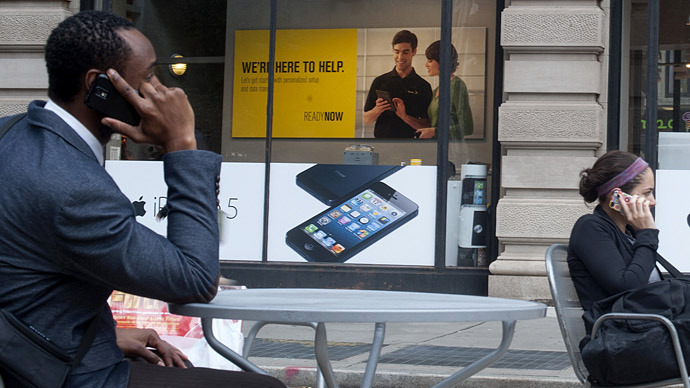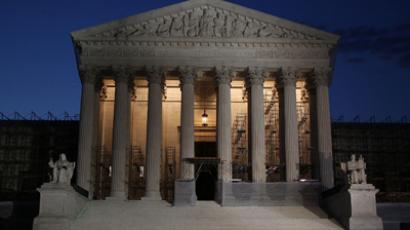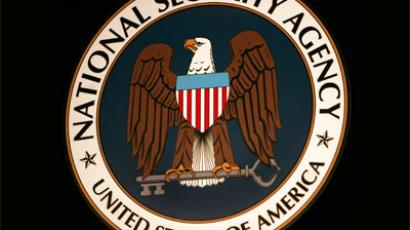Texans fight to protect the privacy of cell phone users

Lawmakers in the state of Texas are trying to pass legislation that would limit the federal government’s ability to spy on American’s cell phone data without a warrant.
Currently law enforcement officers across the United States don’t need a warrant to obtain sensitive information sent over cellular networks, and a recent analysis concluded that service providers receive over one million requests annually for this kind of information. Wiretapping text messages and phone calls are another story, but under current law it’s all too easy for police agencies to request and obtain certain cell information, including real time location data that can let officers nearly pin-point the exact spot a person is located.
“Cell phones communicate location information constantly,” says Greg Foster of the Electronic Frontier Foundation’s Austin, Texas office. “Now the details of your life – your employer, your hobbies, your relationships, your religion, political meetings you attend – can all be gleaned from customer data held by your phone company. And police don’t need a warrant to get it.”
Lawmakers in Texas don’t like that notion, and are asking officials in both the state House and Senate to approve separate bills that will bar law enforcement from obtaining cell tower location data without good reason.
If passed, the law enforcement will only be able to obtain information “if there is probable cause to believe the records disclosing location information will provide evidence in a criminal investigation."
“When the Bill of Rights was written, the framers kept all their personal information in their homes, and no one had invented location tracking. This bill will apply our constitutional rights to the new ways we collect and store personal information,” explains Heather Fazio of Texans for Accountable Government.
Scott Henson, the writer of the criminal justice blog Grits for Breakfast, adds, “This bill ensures that government can’t track your daily movements without a good reason.” The EFF’s Foster says it “creates reasonable privacy protections for all Texans.”
One of the acts, House Bill 1608, was filed last month by State Rep. Bryan Hughes (R-Mineola). State Senator Juan "Chuy" Hinojosa (D-McAllen) has introduced a companion bill in the other chamber that has since attracted support from both sides of the aisle. The Texas Electronic Privacy Coalition and the state’s American Civil Liberties Union branch both endorse the legislation as well, although it will need approval in both the House and Senate before it can land on the desk of Governor Rick Perry, who unsuccessfully sought the Republican Party’s nomination for president during last year’s election.
Should Gov. Perry sign-on, Gregory Nojeim of the Center for Democracy and Technology says it could set the stage for federal lawmakers to follow suite.
“What the states do on this issue will certainly influence what Congress does,” Nojeim, a senior counsel at the CDT, tells Ars Technica. “It's clear to me that because the location of a cell phone is mobile and because phones cross state lines routinely it's probably that if the states start acting then Congress would need to enact a uniform rule.”
A Supreme Court decision last year in the case of United States v. Jones ruled that law enforcement cannot track a suspect using a GPS signal without a warrant. Police agencies can still easily access other location data sent from cell towers, however, which gives near-perfect estimations of where a person is located at a specific time.
Should the Texas bills be approved, cell service providers will also need to provide to the public and government an annual transparency report on how law enforcement applies for sensitive information.














